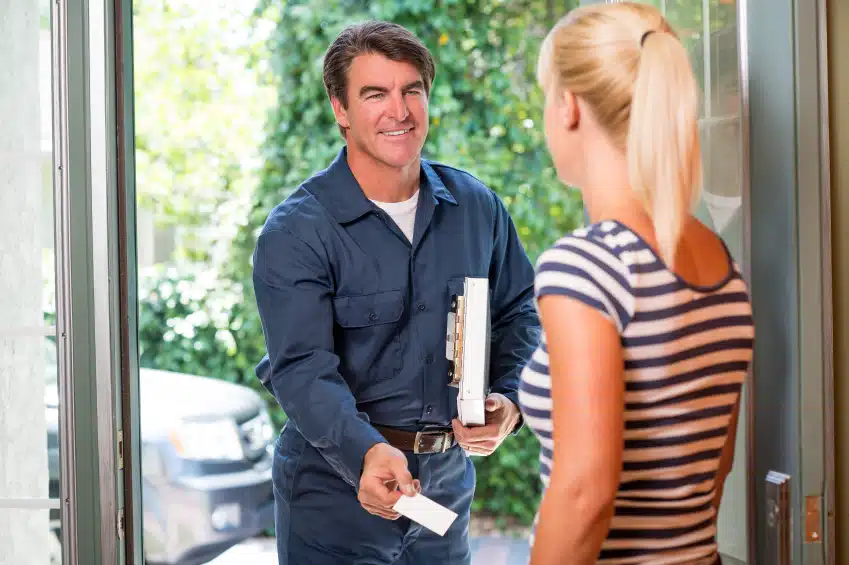When you purchase a new heating or cooling system, you expect high performance. Unfortunately, more than half of new systems in U.S. homes do not perform to their rated efficiency as a result of improper installation. In fact, improper installation can reduce performance by as much as 30%. This not only affects your utility bills, but can lead to a variety of comfort problems, including insufficient dehumidification, dust from leaking ductwork, and poor air distribution. Ask the contractors bidding for your business if they follow ENERGY STAR® Quality Installation Guidelines to ensure that you are not buying just a piece of equipment but a properly installed heating and cooling system that provides comfort and efficiency. Ask the following questions to each contractor:
1.) Does your installation include all city, county or state permits required to complete installation up local codes?
A mechanical HVAC system in Washington state requires to be completed by a licensed trained professional that is also insured and bonded for bidding and registered as an HVAC Contractor at the Labor and Industry department.
2.) Will you measure my home and calculate the correct size for my equipment using Manual J?
Proper equipment size is vital for maximizing efficiency and comfort. To size your new system, the contractor should calculate your home’s heating and cooling loads using the Air Conditioning Contractors of America (ACCA) Manual J or equivalent.
3.) Will you install a properly matched indoor coil and outdoor unit? (AC & heat pump only)
Your contractor should provide an Air Conditioning, Heating, and Refrigeration Institute (AHRI) certificate to document that your system was properly matched
4.) What test do you use to determine the maximum system size that can be installed with my existing ductwork?
Just because your existing home requires, for example, a 5-ton system heating or air conditioner doesn’t mean the existing ductwork present can handle it. Duct upgrades may be needed before the system can install and catching this possible problem is critical to ensure indoor air comfort for years to come
5.) Will you test to confirm that duct leakage does not exceed recommended levels?
Duct sealing is essential to the operation of your heating and cooling system. In most cases, it is recommended that total duct leakage be no more than 20%.
Airloop Heating & Cooling is a fully licensed, insured and bonded HVAC contractor serving the Seattle area and Eastside. Call us to speak with a member of our team at (833) 247-5667 or (833) AIRLOOP to learn all about our heating and cooling services or schedule a FREE estimate.
Source
Heating & Air Conditioning Installation Bid Comparison Checklist [PDF]. (n.d.). Energy Star.
https://www.energystar.gov/ia/home_improvement/heat_cool/HVAC_QI_bidsheet.pdf?2c47-7bb7

